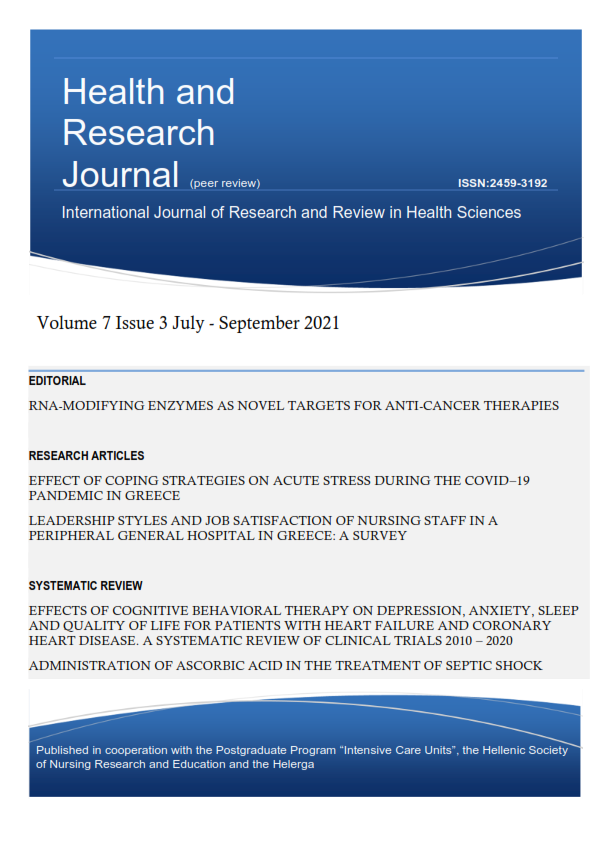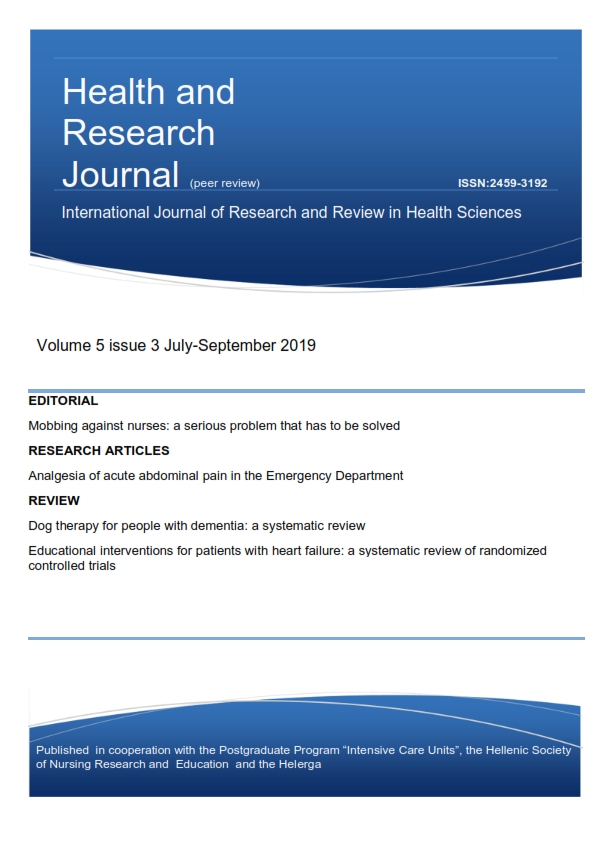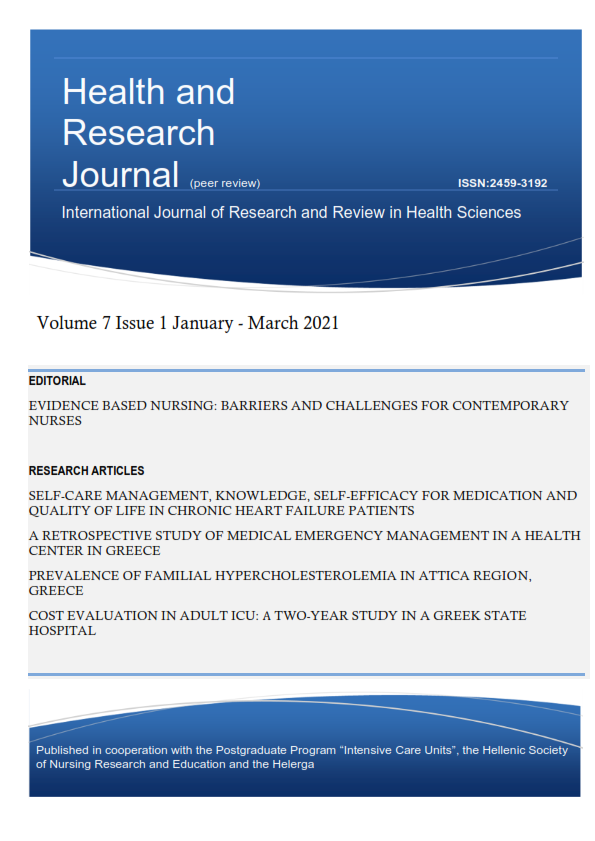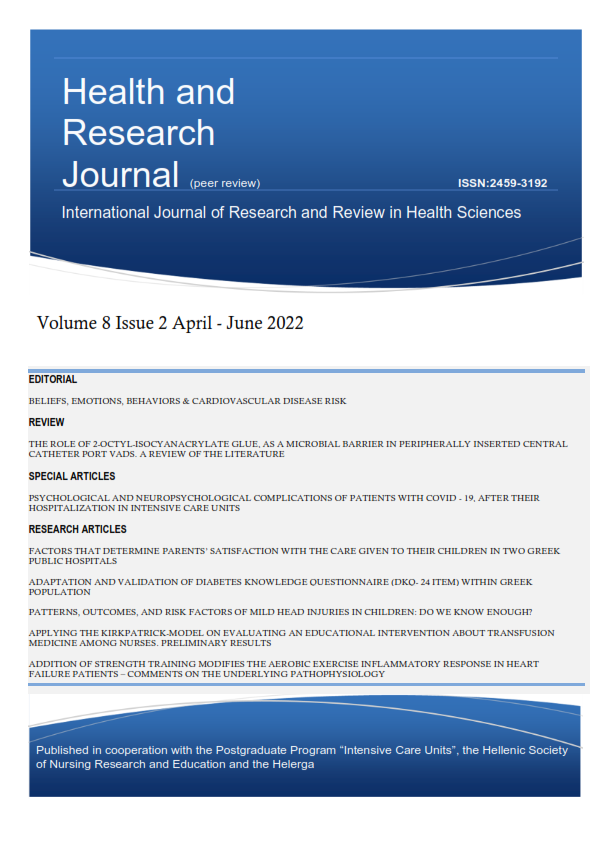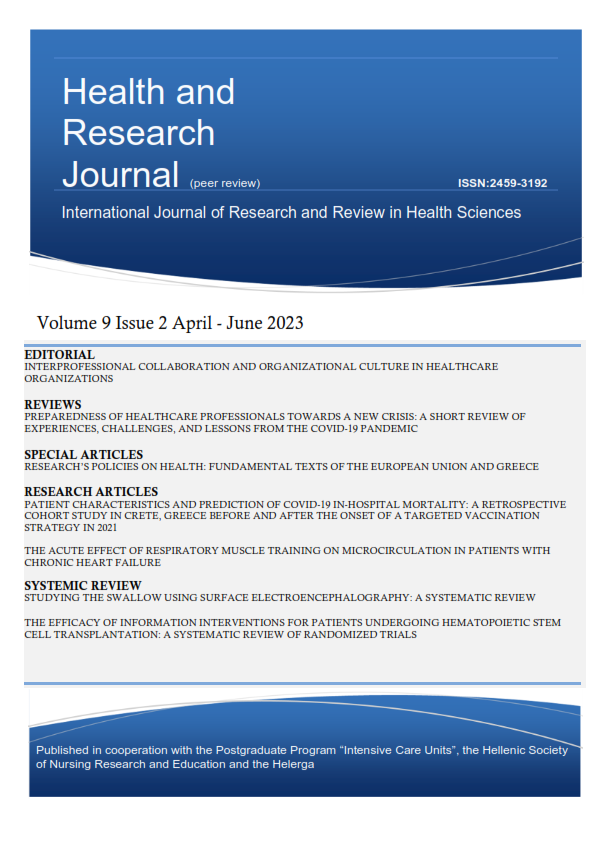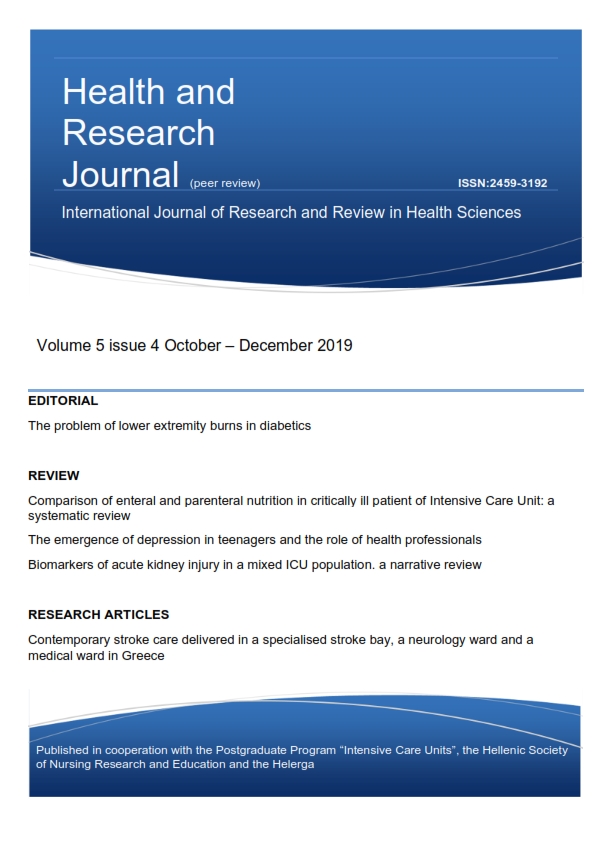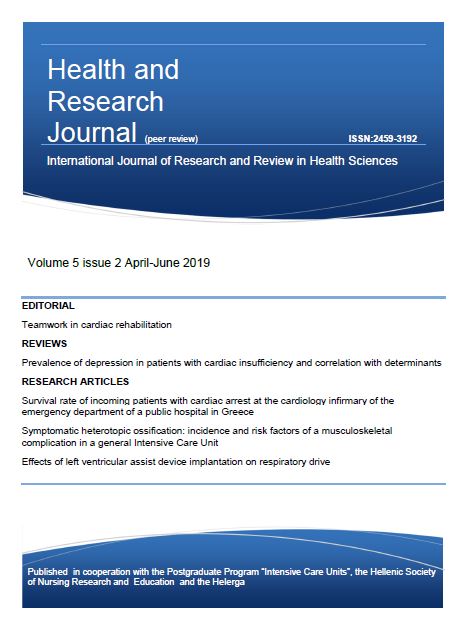Immersive Virtual Reality in Cognitive Rehabilitation: A systematic Review
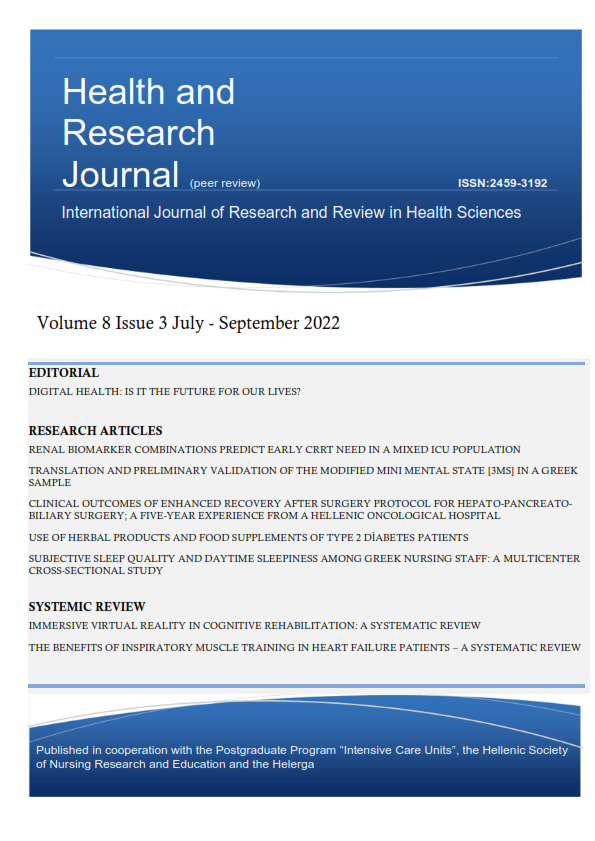
Abstract
Background: Virtual Reality (VR) is a new technology used more and more in clinical trial.
Aim: The aim of this study is to investigate the effects of immersive VR as a rehabilitation approach of cognitive functions.
Method and Material: A systematic literature review was conducted in the electronic databases of PubMed, Cochrane, OTseeker and PsycINFO for articles published until August 2021. The main search terms were "immersive virtual reality," and "cognitive rehabilitation". The research was strictly limited in immersive technologies and adult patients suffering from neurological disorder or a traumatic injury or elderly with cognitive decline, and no reviews are included. Totally, 16 citations reviewed.
Results: All intervention studies reported improvements either in cognitive functions or in stress management and relaxation. In particular, most of the studies demonstrated improvement in attention (N=6) but also in executive functions (N=3), in memory (N=5) and in navigation skills (N=1). Regarding safety and feasibility, most of the participants in the studies completed successfully the tasks and did not report stimulation sickness.
Conclusions: The available limited data indicate that immersive VR environments can a) be feasible and safe and b) have a positive impact in cognitive functions in the dynamic process of rehabilitation. Further research is warranted in large-scale longitudinal clinical trials in various patients’ groups in order to compare the effects of immersive and non-immersive VR interventions. Future studies should further investigate the long-term impact on cognitive functions in interventions using immersive VR.
Article Details
- How to Cite
-
Despoti, A., Karatzanos, E., Patsaki, I., Tzoumi, D., Roussou, G., Leventakis, N., Papathanasiou, A., Nanas, S., & Dimitriadi, N. (2022). Immersive Virtual Reality in Cognitive Rehabilitation: A systematic Review. Health & Research Journal, 8(3), 225–241. https://doi.org/10.12681/healthresj.28872
- Section
- Systematic Reviews
Copyright notice:
Authors retain copyright of their work and grant the Health and Research Journal the right of first publication.
License:
Articles are published under the Creative Commons Attribution 4.0 International License (CC BY 4.0). This license permits use, sharing, adaptation, distribution, and reproduction in any medium or format, including for commercial purposes, provided that appropriate credit is given to the author(s) and the original publication in this journal, a link to the license is provided, and any changes are indicated.
Attribution requirement:
Any reuse must include the article citation and DOI (where available), and indicate if changes were made.



